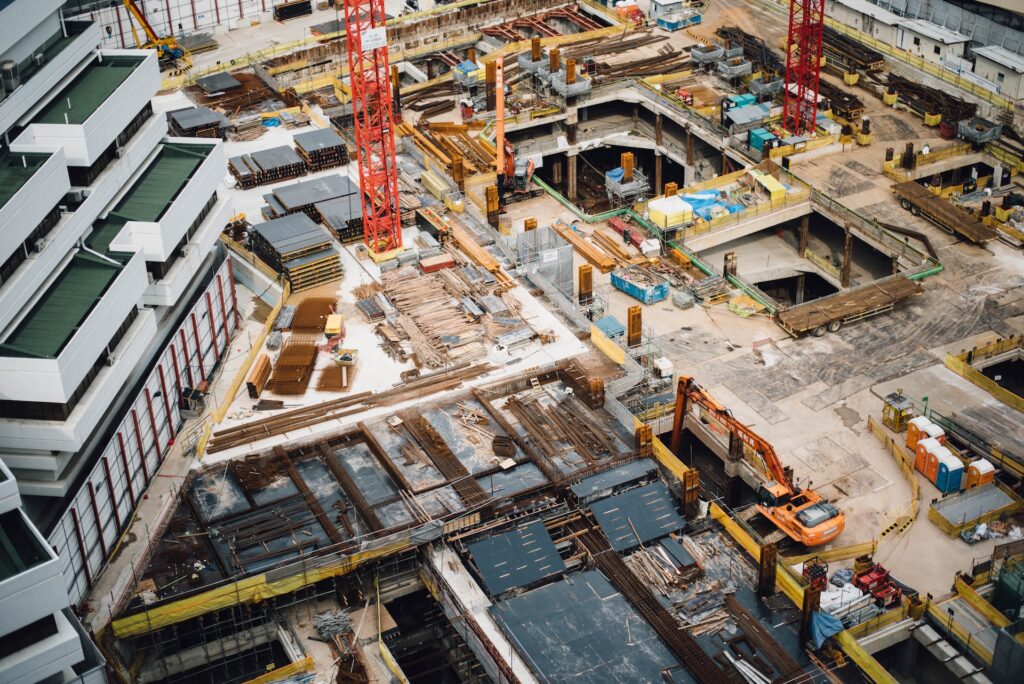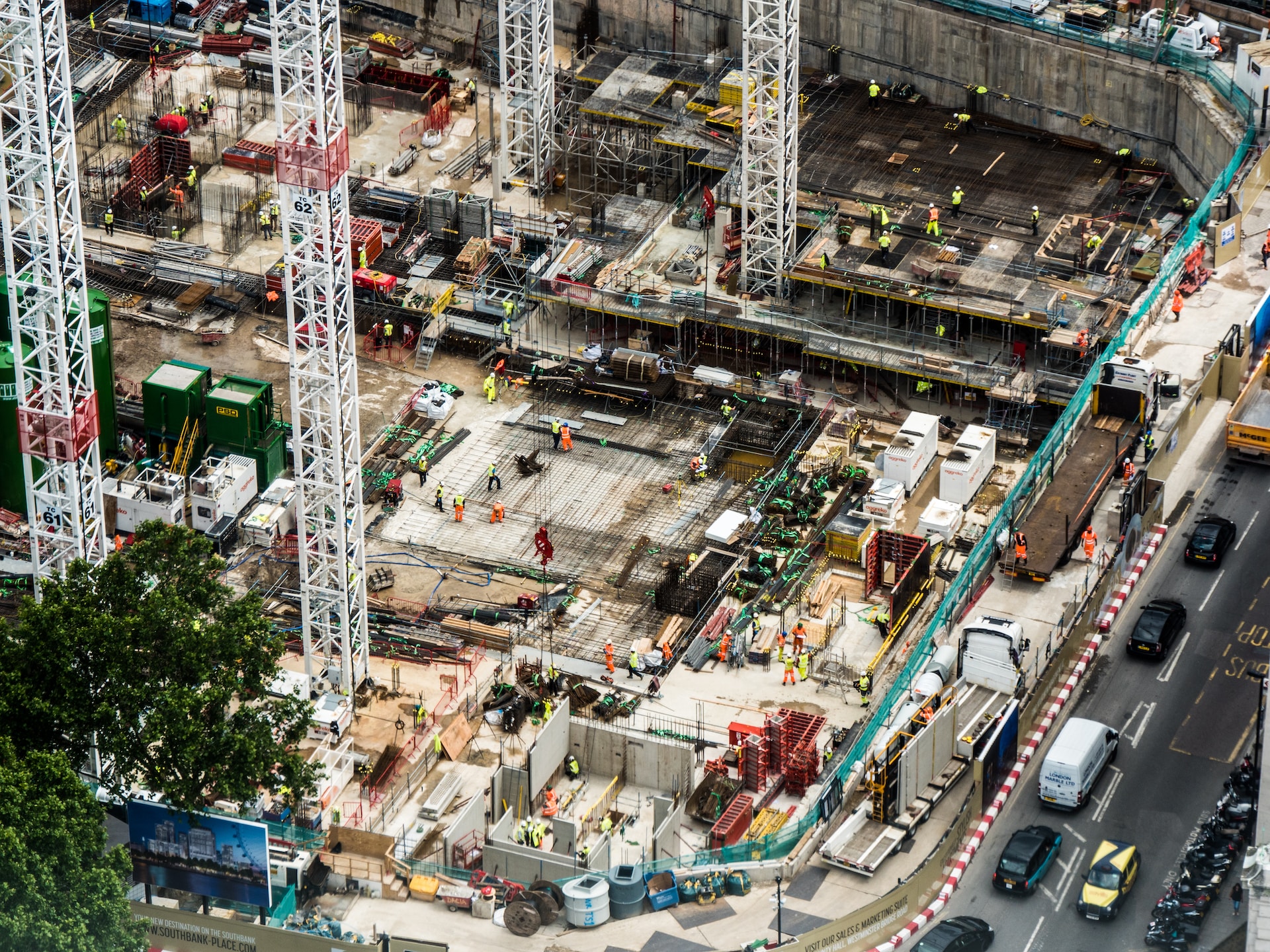Malaysia has been experiencing rapid urbanization and infrastructure development over the past few decades. To sustain this growth and meet the demands of the construction industry, there is a need for sustainable building materials that can enhance the quality of life and minimize environmental impacts. One such material is lightweight concrete, which is gaining popularity in Malaysia due to its numerous benefits. In this article, we will review the latest developments in lightweight concrete technology for sustainable construction in Malaysia. Click hub.unitrade.com.my to learn more.
What is Lightweight Concrete?
Lightweight concrete is a type of concrete that has a lower density than traditional concrete. It is made by replacing some or all of the traditional aggregates, such as gravel and sand, with lightweight materials such as expanded clay, shale, or perlite. The resulting concrete is lighter, more durable, and has better insulation properties.
How is Lightweight Concrete Made?
The process of making lightweight concrete involves several steps. First, the lightweight aggregate is pre-wetted to reduce the water demand during mixing. Next, the cement, sand, and water are mixed together until a homogeneous mixture is obtained. Finally, the lightweight aggregate is added, and the mixture is thoroughly mixed until it has a uniform consistency. The resulting lightweight concrete can be cast into various shapes and sizes and is suitable for use in a wide range of applications, including walls, roofs, and floors.

The Advantages of Lightweight Concrete:
Lightweight concrete offers numerous advantages over traditional concrete, including:
- Reduced weight: Lightweight concrete is up to 35% lighter than traditional concrete, making it easier to handle and transport.
- Improved insulation: Lightweight concrete has better insulation properties than traditional concrete, which can help reduce energy consumption and lower utility bills.
- Increased durability: Lightweight concrete is more durable than traditional concrete due to its reduced weight and improved insulation properties.
- Enhanced fire resistance: Lightweight concrete has excellent fire resistance properties, making it ideal for use in fire-rated walls and roofs.
- Better seismic performance: Lightweight concrete has better seismic performance than traditional concrete, which makes it an ideal choice for earthquake-prone areas.
Conclusion
Lightweight concrete technology is an emerging trend in the construction industry in Malaysia. The use of lightweight concrete in sustainable construction offers numerous benefits, including improved insulation, reduced weight, increased durability, enhanced fire resistance, and better seismic performance. With the latest developments in lightweight concrete technology, there is no doubt that it will continue to gain popularity in Malaysia and beyond. As the country continues to experience rapid urbanization and infrastructure development, the use of sustainable building materials like lightweight concrete will play a crucial role in achieving a more sustainable future.

